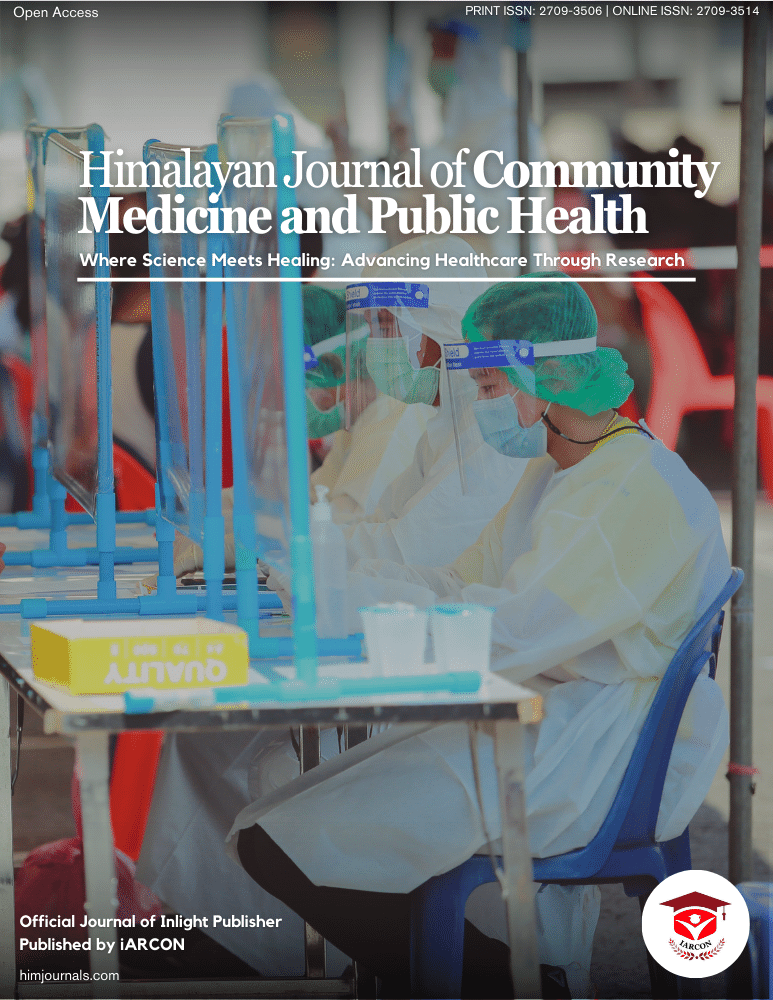We appreciated to read the article by Cohen et al. about a 45yo male suspected of having developed Parkinson’s disease (PD) due to infection with SARS-CoV-2 [1]. It was concluded that SARS-CoV-2 may trigger the development of PD [1]. We have the following comments and concerns.
Strong arguments against a causal relation between SARS-CoV-2 and PD in the index patient are that the cerebro-spinal fluid (CSF) was negative for virus-RNA and that no antibodies against the virus were detected in the CSF, Thus, it is unlikely that SARS-CoV-2 ever had entered the CSF space. The main pathways considered via which the virus enters the brain include retrograde axonal migration after invagination of SARS-CoV-2 at taste buds or olfactory epithelial cell membranes, hematogenic spread of the virus to the brain, or transmigration via the blood brain barrier (BBB) by using immune cells as transport vehicles [2]. Furthermore, there is little evidence for SARS-CoV-2 in dopaminergic neurons of the substantia nigra. Only in a single study it is mentioned that SARS-CoV-2 may enter dopaminergic neurons [3] and only a single additional case of PD due to SARS-CoV-2 has been reported [4]. Whether PD was triggered by antibodies against virus antigens which cross-reacted with cell membrane components of dopaminergic neurons, remains speculative.
More likely than the infection with SARS-CoV-2 is labetalol having triggered the development of PD. Labetalol is a combined alpha- and beta-blocker and from beta-blockers, particularly propranolol, it is well-known that they increase the risk of developing PD [5]. Also amlodipine has been reported to cause PD [6]. Since various other drugs may trigger the development of PD as well, we should know the entire medication the patient received during hospitalisation. Patients with Sjögren syndrome have an increased risk of developing PD, particularly when treated with chloroquine, a drug frequently given to COVID-19 patients. Thus, we should know if the patient received chloroquine.
Overall, the report by Cohen et al. has some shortcomings and raises doubts about the alleged causal relation between SARS-CoV-2 and PD. As long as there are not more reports suggesting that SARS-CoV-2 triggers the development of PD, as long as there are no indications from prospective studies for a causal relation between SARS-CoV-2 and PD, and as long as there is no increase in the prevalence/incidence of PD since the outbreak of the pandemic despite >30 Mill infected subjects worldwide, a causal relation between SARS-CoV-2 remains speculative.

